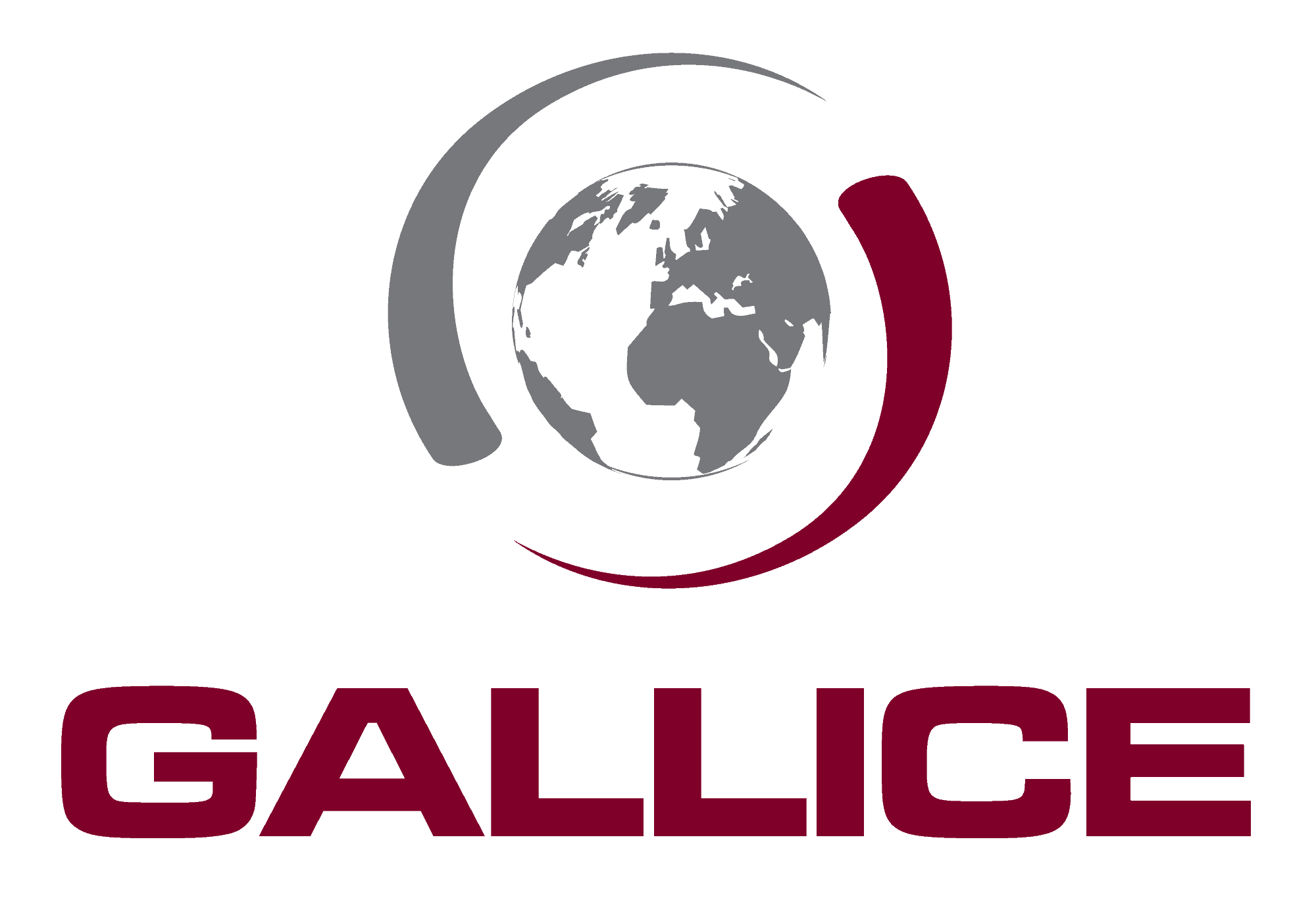EL SALVADOR
In 2025, El Salvador continues to draw international attention due to the radical security strategy implemented by President Nayib Bukele. He was re-elected in February 2024 for a second consecutive term, despite constitutional controversies surrounding his candidacy.
Since the launch of the "state of emergency" in March 2022 — still in force in 2025 — the government has imprisoned more than 75,000 people, mainly accused of gang affiliation (MS-13 and Barrio 18). This zero-tolerance policy has drastically reduced homicides and street crime throughout the country, including in historically violent areas like Soyapango, Ilopango and some rural zones.
El Salvador is now presented by its authorities as the safest country in Latin America. This image appeals to part of the population and to foreign investors, especially in tourism and tech sectors.
However, this security climate comes at a high human rights cost. Local and international NGOs denounce arbitrary arrests, prolonged detentions without trial, torture and deaths in prison. The judiciary is seen as being used as a political tool, and constitutional guarantees are suspended. Opposition media face constant pressure and democratic space is shrinking.
Economically, the country still relies heavily on remittances from the diaspora and posts modest growth, weakened by high public debt and an uncertain business environment. The adoption of bitcoin as legal tender has not yielded the expected results and remains marginal in everyday transactions, although the government continues to use it symbolically to claim economic independence.
For travellers, the country is far more accessible than before. Urban areas, including San Salvador, are significantly safer for foreigners, provided they follow basic safety guidelines (avoid walking alone at night, steer clear of peripheral neighbourhoods). However, rural zones — especially those near the borders with Honduras or Guatemala — should still be approached with caution due to sporadic security force presence.
